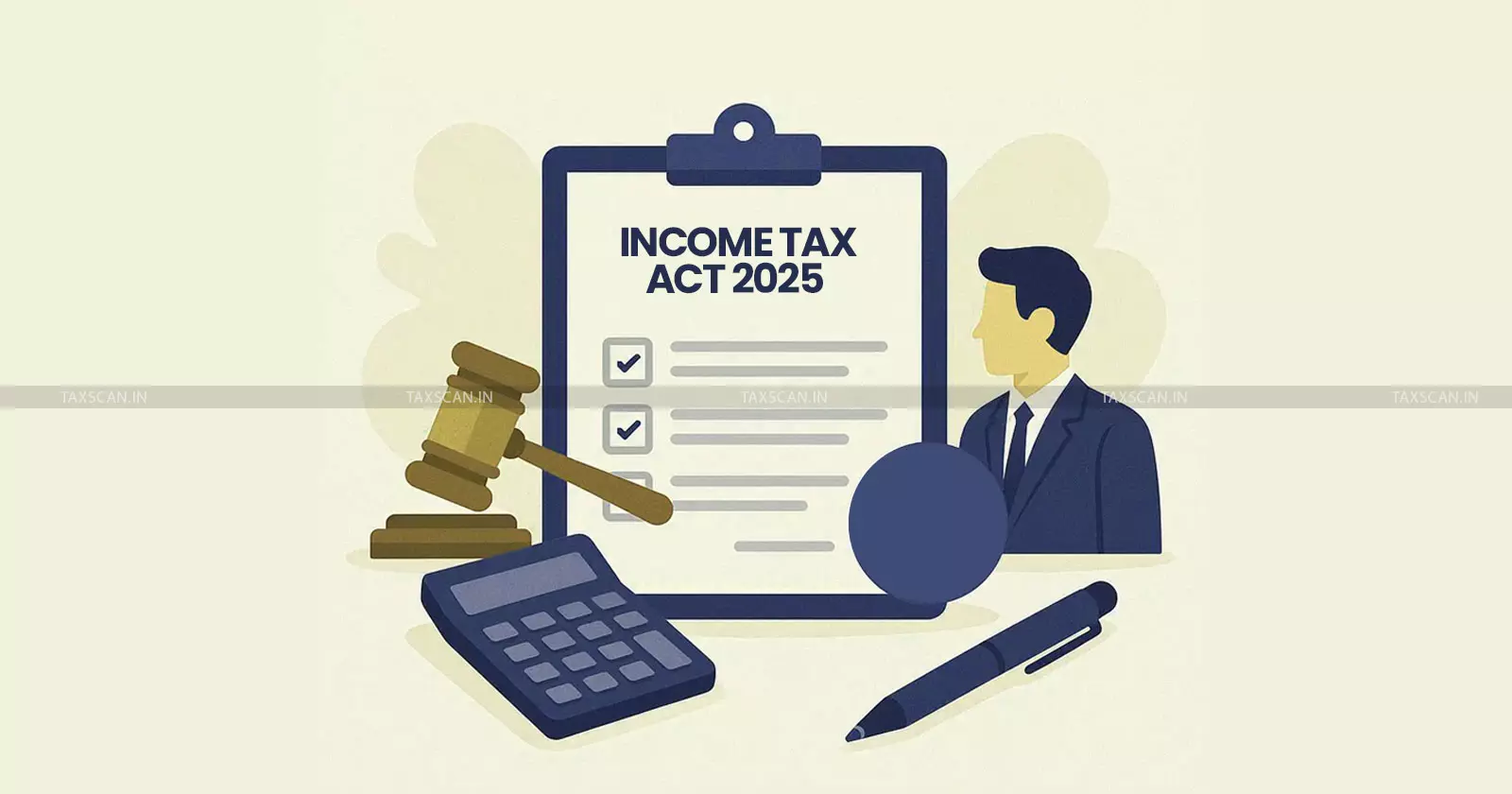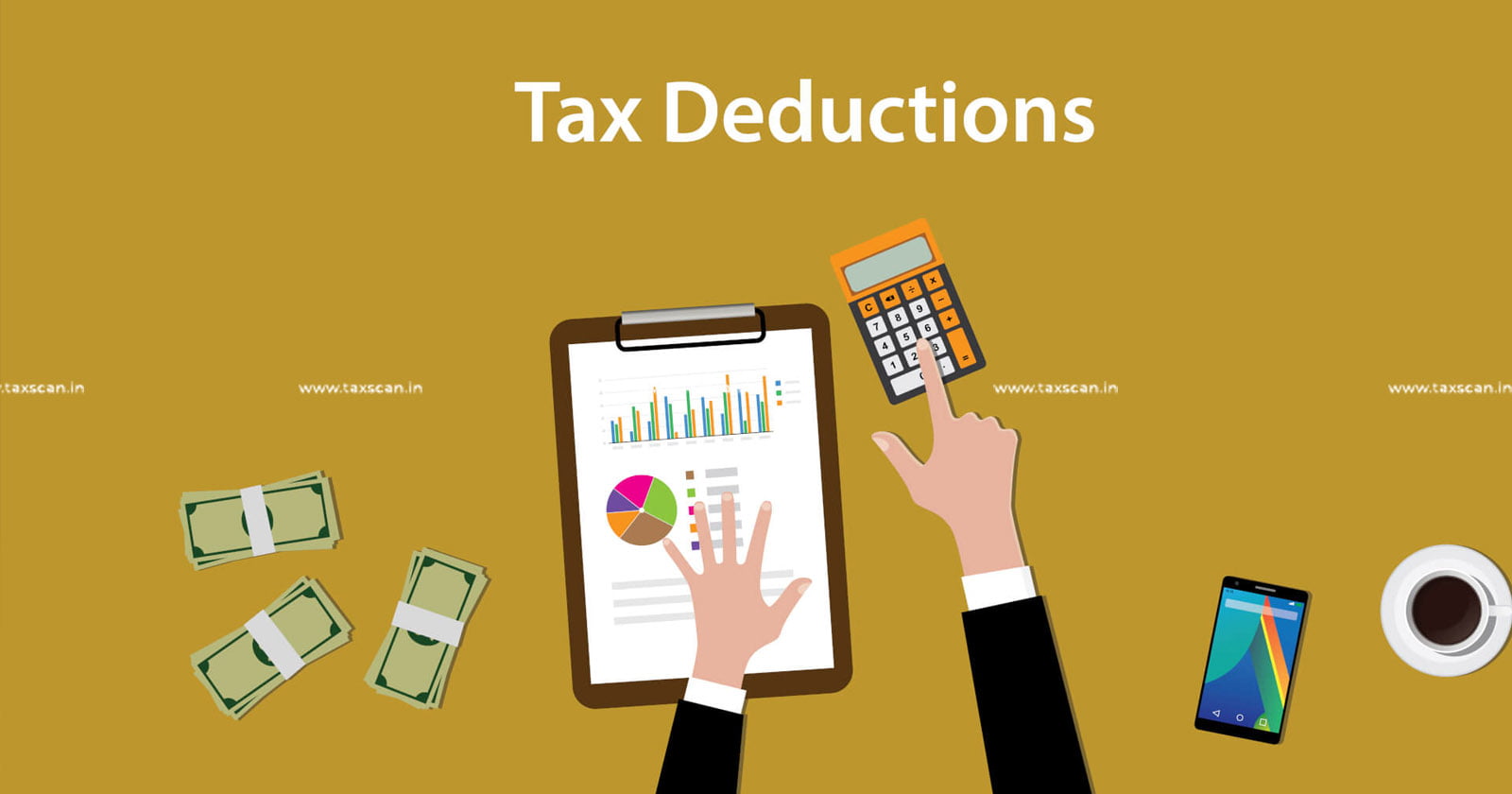Income Tax Act, 2025: Know How it Impacts Individual Taxpayers, Businesses & Property Owners
The Income Tax Act, 2025, introduces a simplified, transparent, and digital tax system impacting individuals, businesses, and property owners. While it offers reliefs, incentives, and streamlined compliance, it also demands stricter accountability, accurate record-keeping, and proactive tax planning

The government has recently introduced the Income Tax Act, 2025, aimed at clarifying taxation, improving compliance, and ensuring greater transparency. It reassures how the income is assessed, reported, and taxed, reflecting the government’s shift towards a more digital, accountable, and investor-friendly framework throughout the nation.
Your Ultimate Guide to India’s Latest Income Tax Laws - Click here
While the new Act affects every corner of the economy, its impact is particularly important for the three main groups such as individual taxpayers, businesses, and property owners.
The reforms are not just about changing numbers, but they represent a shift in how taxes are collected, managed, and utilized.
Impact on Individual Taxpayers
The new Income Tax Act brings noticeable changes for individual taxpayers, rearranging everything from your paycheck to your investments.
Changes in tax slabs and the rates
The new Act revisits the tax slab structure, aiming to provide relief to the middle-class groups while also focusing on broadening the tax base.
The lower rates in certain categories help the best to the salaried employees, though higher-income earners may see reduced exemptions. The idea is to simplify the system and to make it fairer, so that taxpayers can better plan their finances without any complex calculations throughout the assessment periods.
Deductions and exemptions
Some traditional deductions, such as those under Section 80C of the Income Tax Act, 1961, for savings and insurance, remain, but others have been trimmed or removed. The main intention of the new act is to move towards a cleaner, exemption-free tax system. So that the individuals need to be more careful about where they invest and what they claim as the exemptions.
Filing process and compliance requirements
The emergence of enhanced digital filing systems has now made the returns quicker and more user-friendly. The push toward the pre-filled forms will reduce the errors, but also tighten the scrutiny on undeclared income. It demands that all income sources are properly documented at the same time, leaving little room for error or omission.
Salaried employees vs. freelancers/contractors
The process is relatively straightforward for the salaried employees, with standard deductions and predictable tax obligations. However, Freelancers, consultants, and gig workers face stricter reporting norms, especially on digital transactions and professional receipts. Planning is crucial to avoid penalties and unnecessary scrutiny.
Impact on Businesses
The new Income Tax Act also brings important changes for businesses, from startups to large corporations, reshaping how they manage taxes, compliance, and reporting.
Corporate tax rate changes
The Small and medium enterprises (SMEs) are likely to benefit the most from the new act, with reduced tax rates, which are mainly aimed at boosting growth and encouraging entrepreneurship. The larger corporations may not see major rate cuts, but the provisions, such as deductions for certain investments, can still provide them some relief.
GST, Tax Deducted at Source(TDS), and indirect tax implications
While GST remains under a separate regime, the new law strengthens the reporting obligations, especially for businesses involved in interstate or international trade. TDS rules have been tightened to ensure better traceability of transactions, ensuring that all payments and receipts are accurately accounted for.
Compliance and reporting changes
The businesses now face more structured and technology-driven reporting requirements. The processes such as E-invoicing, digital records, and real-time reporting are becoming more standard, reducing errors but demanding accurate, robust accounting practices. The non-compliance can lead to penalties, making the process of planning crucial.
Incentives for startups and MSMEs
The smaller startups and the businesses are offered various incentives, including tax holidays, capital gains rollovers, and simplified compliance procedures. These measures aim to stimulate innovation, support growth, and make India a more business-friendly environment.
Impact on Property Owners
Property owners, whether investors or landlords, are directly affected by the new Income Tax Act, with changes designed to streamline taxation and curb speculative practices.
Capital gains tax revisions
The Act revises capital gains taxation, especially for real estate sales. The property sellers face a revised structure for capital gains tax, with longer holding periods required for favorable treatment. The move is designed to discourage speculative transactions.
Rental income taxation changes
Rental income rules have been clarified and tightened. The property owners must now disclose the multiple properties and accurately report both actual and notional rent. This ensures transparency but also increases the importance of careful record-keeping.
Deductions and exemptions for property-related expenses
While the deductions on housing loan interest continue, certain secondary deductions have been restricted to plug the loopholes. The property owners need to be more strategic in claiming allowable expenses.
Implications for real estate investments
Overall, the property investors will need to factor in higher compliance costs, but genuine long-term investors stand to benefit from clarity and streamlined rules.
Cross-Cutting Changes
Beyond individual taxpayers, businesses, and property owners, the new Income Tax Act introduces several reforms that affect everyone, with a focus on digitalization, accountability, and timely compliance.
Digitalization and e-filing improvements
The Act is pushing India toward a fully digital tax ecosystem. The pre-filled returns, online submission, and automated checks make filing faster and more accurate. While this reduces human error, it also means that taxpayers maintain meticulous digital records of all income and expenses.
Penalties and dispute resolution mechanisms
The stricter penalties for late filing, misreporting, or underreporting income are a key feature of the new law. On the other hand, dispute resolution has been strengthened through faster tribunals, mediation, and structured appeal processes, aiming to reduce prolonged litigation.
Key compliance deadlines
Clear deadlines have been established for filing, assessments, and appeals, making it easier for taxpayers to plan ahead. Missing these deadlines, however, can result in penalties or additional scrutiny, highlighting the importance of proactive compliance.
Practical Takeaways
The new Income Tax Act offers opportunities for smart tax planning, but it also demands careful attention to compliance. Here’s how individuals, businesses, and property owners can navigate the changes effectively:
For individuals:
- Review deductions and exemptions carefully and choose between the old and new tax regimes to minimize the liability of an individual.
- Keep accurate records of income, investments, and digital transactions to avoid scrutiny.
- Plan salary structures, bonuses, and other benefits in line with the updated tax slabs.
For businesses:
- Invest in robust accounting and compliance systems to meet stricter reporting requirements.
- Leverage available incentives for startups and MSMEs, including capital gains rollovers and tax holidays.
- Regularly review TDS, GST, and other indirect tax obligations to prevent penalties.
For property owners:
- Plan property sales and rental arrangements around the revised capital gains and rental income rules.
- Maintain detailed records of expenses and allowable deductions to ensure accurate accounting.
- Evaluate long-term investment strategies to maximize tax efficiency under the new framework.
By taking a proactive approach, the taxpayers can not only stay compliant but also optimize their tax positions under the new regime. Early planning and informed decision-making are now more important than ever.
Conclusion
The new Income Tax Act is more than a set of rules, as it represents a shift toward a simpler, more transparent, and digitally driven taxation system in India. For individuals, it means tax slabs, revised deductions, and streamlined filing processes. For businesses, it brings the updated corporate rates, tighter compliance norms, and fresh incentives, especially for startups and SMEs. The Property owners face clearer rules on capital gains, rental income, and related deductions.
Support our journalism by subscribing to Taxscan premium. Follow us on Telegram for quick updates






